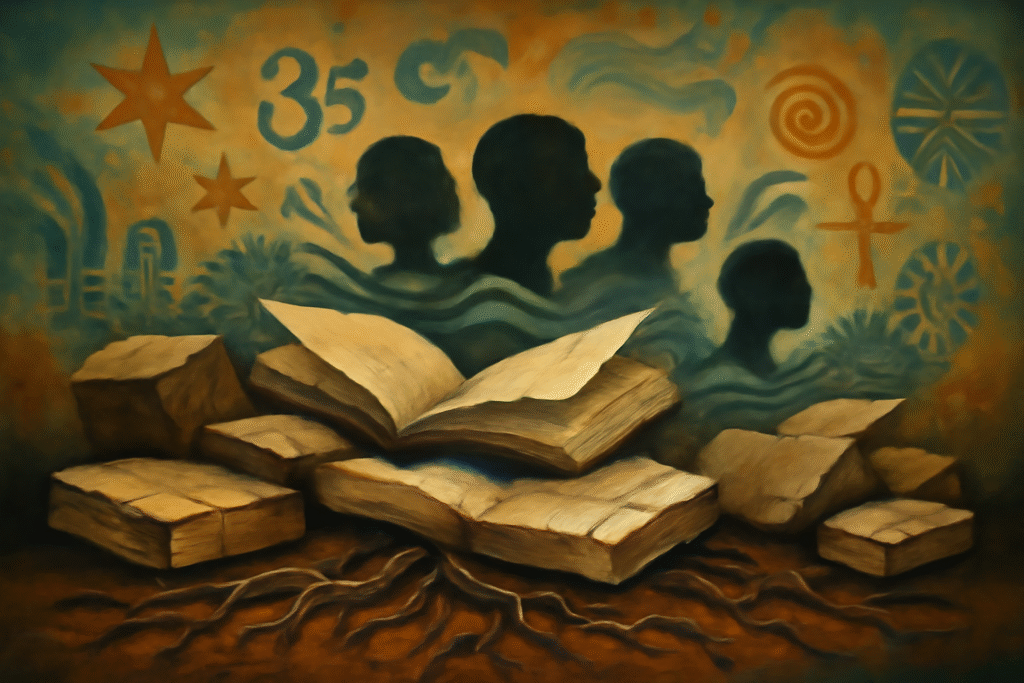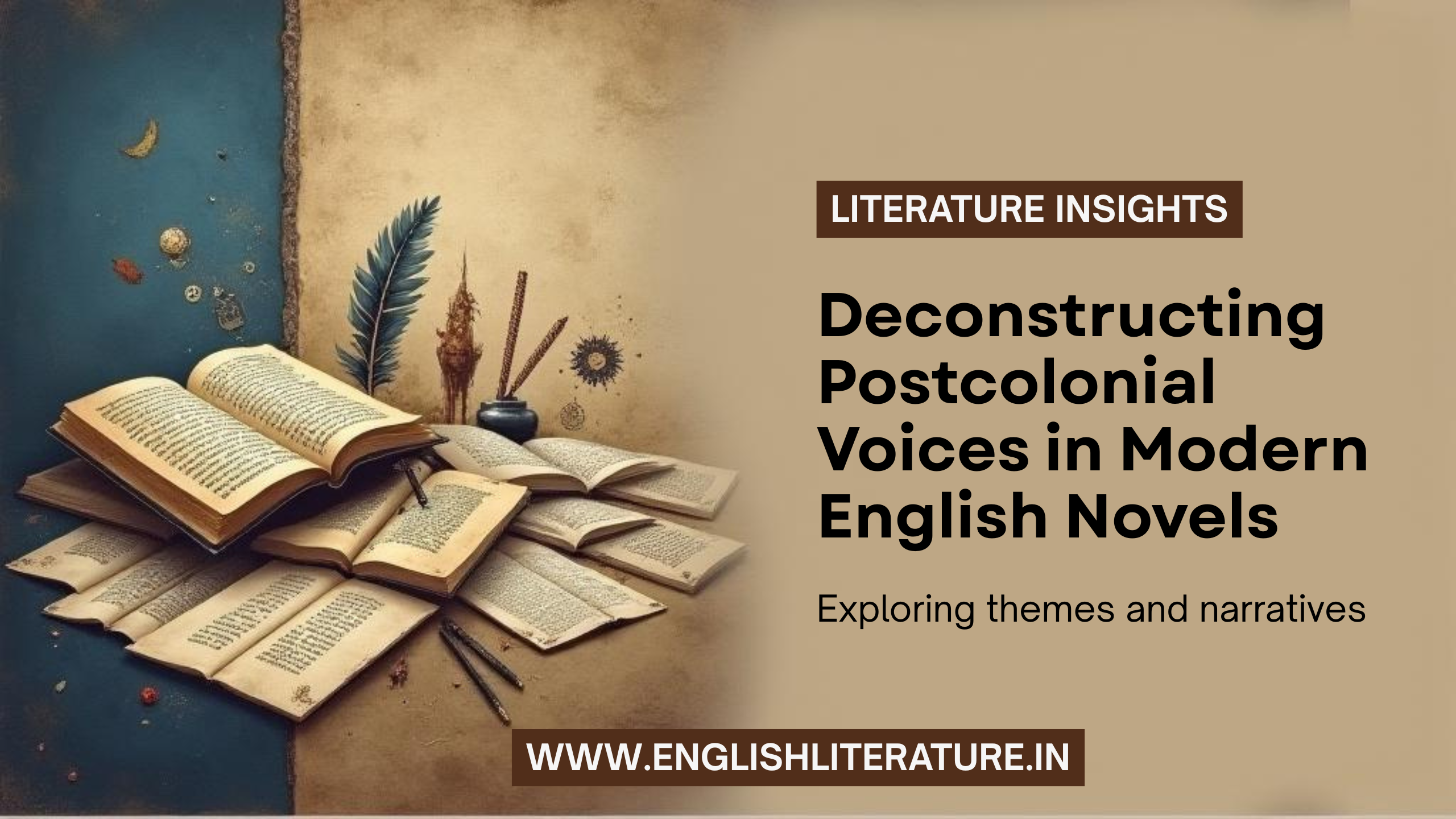Deconstructing Postcolonial Voices in Modern English Novels
Introduction: Unearthing Hidden Voices
Modern English novels teem with diverse perspectives, but some of the most compelling and transformative voices rise from the aftermath of colonialism. These postcolonial voices disrupt, question, and reimagine the literary landscape, challenging dominant narratives and giving life to experiences historically relegated to the margins. Engaging with these novels reveals not only the scars left by colonial conquest but also the resilience and dynamism of cultures reclaiming their identities.
Historical and Critical Context
The emergence of postcolonial literature is deeply entwined with the processes of decolonization that swept Asia, Africa, the Caribbean, and elsewhere throughout the 20th century. British imperial expansion imposed language, culture, and identity. As colonies gained independence, writers began to confront the Eurocentric canon, seeking to “write back” to the empire and reshape literary traditions.
Noted theorists such as Edward Said, Gayatri Chakravorty Spivak, and Homi Bhabha have been central to framing postcolonialism within literary criticism. Said’s concept of “Orientalism” exposed how Western authors constructed the “East” as exotic and inferior, while Bhabha’s ideas of mimicry and hybridity examined how colonial subjects challenged and subverted colonial authority. Deconstruction, rooted in Derrida’s theories, became a powerful method for exposing the assumptions and contradictions of colonial discourse123.
Notable Authors and Works
Several modern English novels have become landmarks for their engagement with postcolonial issues:
- Salman Rushdie’s “Midnight’s Children”: Interweaves the story of India’s independence with questions of hybridity and identity, declaring, “To understand just one life, you have to swallow the world.”
- Chinua Achebe’s “Things Fall Apart”: Although originally written in English by a Nigerian author, it deconstructs the colonial encounter from the African perspective.
- Jean Rhys’s “Wide Sargasso Sea”: Retells the story of “Jane Eyre’s” Bertha Mason, exploring colonial trauma, racial identity, and the construction of “madness”45.
- Zadie Smith’s “White Teeth”: Examines immigrant experiences and multicultural London, highlighting the enduring legacies of empire in everyday life.

Key Themes in Postcolonial Novels
1. Cultural Identity and Hybridity
Postcolonial literature interrogates what it means to belong. Many characters experience an “in-between” status, navigating the tension between colonizer and colonized, native and foreign. As seen in works like The Buddha of Suburbia by Hanif Kureishi, protagonists struggle with hybrid identities: “Perhaps it is the odd mixture of continents and blood… that makes me restless and easily bored”5.
2. Language and Power
Language becomes both a tool of oppression and liberation. Postcolonial writers often subvert linguistic norms by incorporating native tongues, creating new forms such as pidgin or creole. This linguistic innovation resists the dominance of colonial language and asserts the realities of postcolonial societies13.
3. Decentering Eurocentric Narratives
Modern English novels challenge the literary canon by foregrounding stories, settings, and truths of the formerly colonized. These works scrutinize history, often highlighting alternative perspectives and exposing the limitations of traditional “center vs. margin” binaries267.
4. Voice, Silence, and Resistance
Postcolonial novels amplify the experiences of the marginalized: women, indigenous peoples, mixed-race individuals, and the poor. Through narrative experimentation—fragmented timelines, multiple narrators, unreliable perspectives—these novels reflect the complexities of reclaiming lost or silenced voices. As Gayatri Spivak famously questioned, “Can the subaltern speak?”—postcolonial fiction attempts, through its polyphony, to answer6.
Literary Techniques in Deconstruction
- Subversion of Binary Oppositions: Colonizer/colonized, self/other, and their associated hierarchies are destabilized, inviting readers to recognize ambiguity and overlap12.
- Intertextuality: Referencing canonical works, postcolonial novels critique or rewrite classic texts, as seen in Wide Sargasso Sea’s relationship to Jane Eyre45.
- Polyphonic Narratives: Multiple perspectives and shifting points of view mirror the fractured realities of postcolonial societies.
Critical Analysis: Why Deconstruction Matters
Deconstructing postcolonial voices matters because it exposes and unsettles colonial legacies in literature and society. This process is more than critique—it empowers the marginalized, restores agency, and broadens the boundaries of literary art. By reading with a deconstructive lens, readers and critics can uncover hidden assumptions, re-evaluate historical narratives, and appreciate the vitality and creativity of postcolonial expression168.
Conclusion: The Power and Promise of Postcolonial Voices
Modern English novels enriched by postcolonial voices offer vital counter-histories and innovations in form. Their continued resonance comes from their ability to question, disrupt, and reinvent both cultural identity and the novel as an art form. Engaging with these works not only enhances our understanding of literature, but also of global cultures and histories in an increasingly interconnected world.
FAQ
What is meant by “deconstructing postcolonial voices”?
Deconstructing postcolonial voices involves analyzing how modern English novels reveal, question, and subvert the power structures, assumptions, and cultural identities shaped by colonialism. It is a method to uncover silenced perspectives and challenge dominant narratives12.
Why are identity and language so important in postcolonial novels?
Identity and language are central because colonialism often imposed new identities and languages onto colonized peoples. Postcolonial writers explore the complexities of hybrid identities and experiment with language to reclaim agency and reflect their true experiences53.
Can you recommend some essential postcolonial novels for beginners?
Yes! “White Teeth” by Zadie Smith, “Things Fall Apart” by Chinua Achebe, “Midnight’s Children” by Salman Rushdie, and “Wide Sargasso Sea” by Jean Rhys are excellent starting points for exploring postcolonial themes in modern English novels
The 100 Most Popular Authors in English Literature: A Comprehensive Guide

